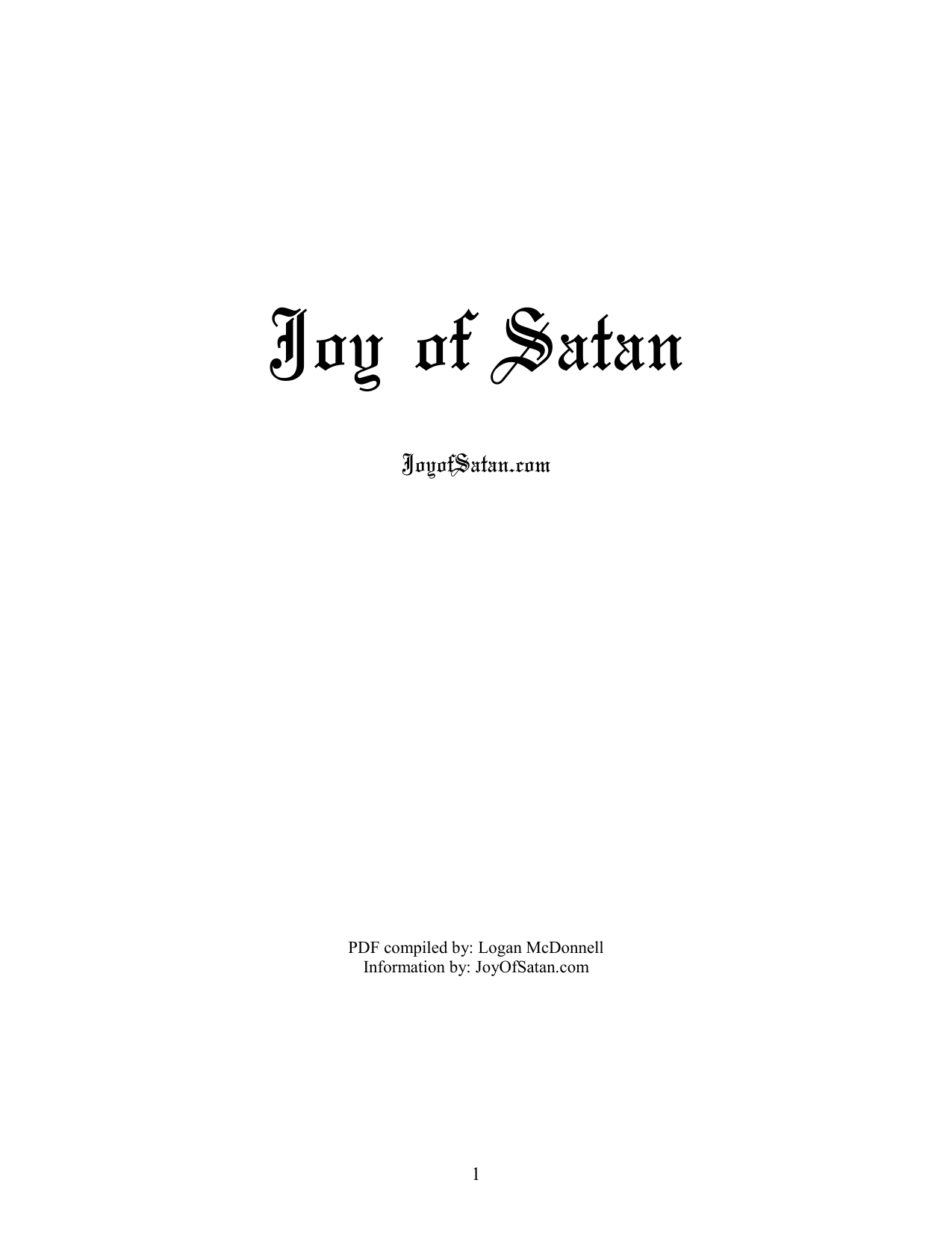
Now every effort was made to woo or coerce Sundar Singh back to his ancestral faith.ĭespite his family's please, bribes, and threats, Sundar wanted to be baptized in the Christian faith. Conversion to Christianity was considered treachery. As a consequence they were fiercely loyal to their faith and to each other. Sikhs had endured terrible persecutions in their early history. To meet Christ was only the beginning for Sundar Singh. The vision disappeared, but peace and joy lingered within him.

Sundar fell on his knees before Him and experienced an astonishing peacefulness which he had never felt before. After all, Jesus was the 'foreign god' of the Christian teachers at his school… Amazed that his vision had taken the unexpected form of Jesus, Sundar was convinced in his heart that Jesus was the true Savior, and that He was alive. Jesus was the last person Sundar was looking for. Sundar Singh heard a voice say, "How long will you deny me? I died for you I have given my life for you." He saw the man's hands, pierced by nails. "O God, if there is a God, reveal thyself to me tonight." The next train was due at five o'clock in the morning. Otherwise - "I planned to throw myself in front of the train which passed by our house." For seven hours Sundar Singh prayed. Late one night in December 1903, he rose from bed and prayed that God reveal himself to him if he really existed. Within three days Sundar Singh could bear his misery no longer. "Although I believed that I had done a very good deed by burning the Bible, I felt unhappy," he said. In his anger, Sundar burned a copy of one of the Gospels in public. His mother was a loving saintly woman and they were very close. In the midst of such confusion and while only fourteen years old, his mother died, and Sundar underwent a crisis of faith. that teaches belief in one God and rejects the caste system and idolatry.) Prior to his conversion, Sundar attended a primary school run by the American Presbyterian Mission where the New Testament was read daily as a "textbook." Sundar "refused to read the Bible at the daily lessons.To some extent the teaching of the Gospel on the love of God attracted me, but I still thought it was false." Though according to another testimony, Sundar confessed, "Even then, I felt the Divine attractiveness and wonderful power of the Bible." (Sikhism is a sect within Hinduism that was founded about 1500 A.D. Sundar was raised a member of the Sikh religion. While reading the evangelical versions of Sundar's life and teachings, I never once ran across Sundar's universalistic statements, not until I read Sundar's own works, along with some of the in-depth biographies that had been written about him nearer his own day. The evangelical Christian apologist, Josh McDowell of Josh McDowell ministries, cited Sundar's conversion in the first and second editions of McDowell's book, Evidence That Demands a Verdict. At that time I heard a Christian radio dramatization of the story of Sundar's miraculous conversion and his dangerous preaching journeys to India and Tibet, and I bought two books that told his story at evangelical Christian bookstores.

Even in the 1970s Sundar was highly thought of by evangelical Christians.

Sundar Singh was lauded by 20th century evangelical Christians for converting to Christianity around the turn of the century.


 0 kommentar(er)
0 kommentar(er)
